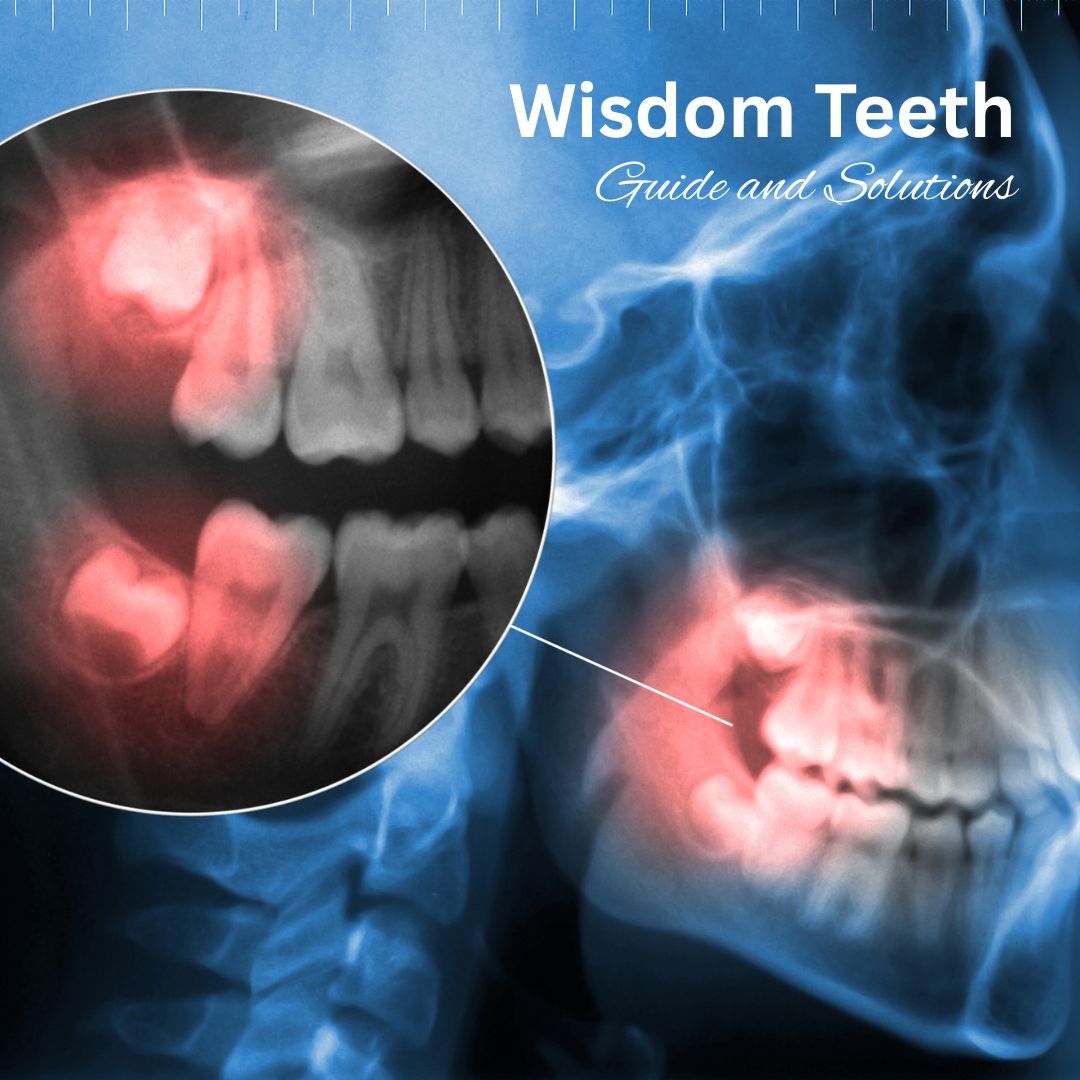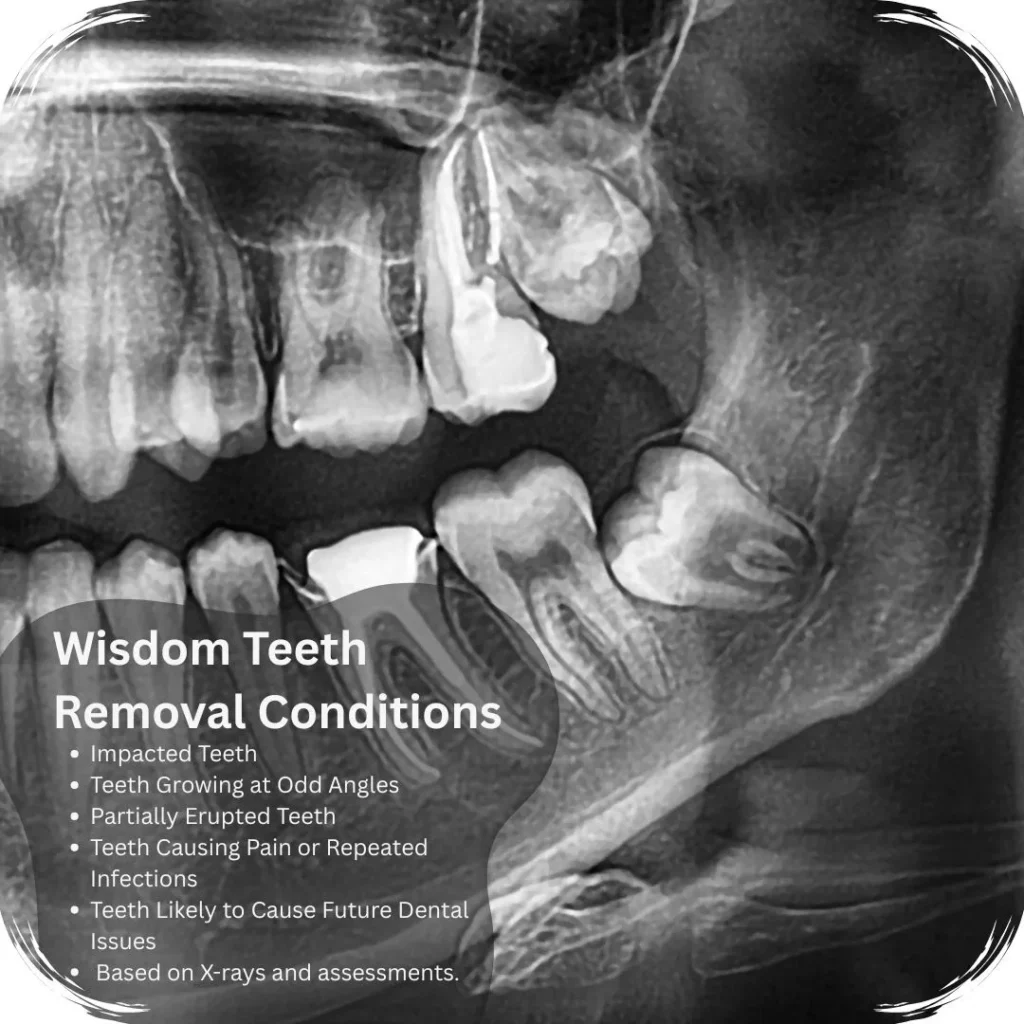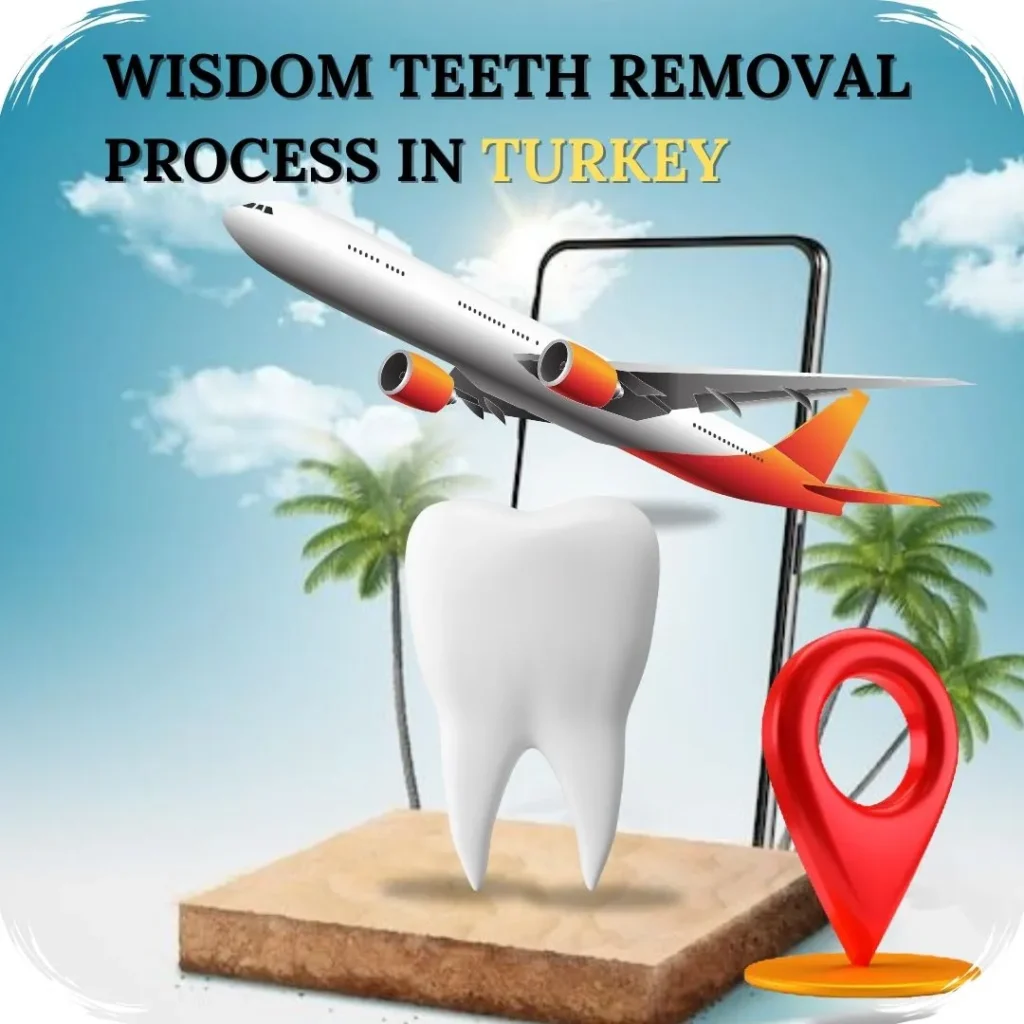Wisdom Teeth Guide and Solutions in Turkey

What are Wisdom Teeth?
Have you ever woken up with that strange pressure at the back of your jaw, wondering if those wisdom teeth are finally making their grand entrance? I sure have, and let me tell you – it’s not exactly what I’d call a pleasant surprise. If you’re considering wisdom teeth removal and have heard whispers about dental tourism in Turkey, you’re in the right place.
What Exactly Are Wisdom Teeth and Why Do They Cause So Much Trouble?
Wisdom teeth, or third molars, are the final set of molars that typically emerge between ages 17-25. They’re basically evolutionary leftovers from when our ancestors needed extra teeth to chew rough, uncooked foods. Today, with our softer diets and smaller jaws, these teeth often don’t have enough room to emerge properly.
What Triggers Wisdom Teeth to Grow?
Contrary to popular belief, wisdom teeth aren’t “triggered” to grow – they’ve been developing since childhood. Their eruption is simply the final stage of a long developmental process, typically occurring in late adolescence or early adulthood. Genetics plays a significant role in determining when your wisdom teeth will make their appearance.
At What Age Do Wisdom Teeth Come Through?
Most people notice their wisdom teeth emerging between 17-25 years old, though this varies widely. I’ve met patients who got theirs at 16, while others were surprised by a wisdom tooth showing up in their early 30s! In rare cases, some lucky individuals never develop wisdom teeth at all.

Do Wisdom Teeth Have to Be Removed?
This might be the million-dollar question (or perhaps the thousand-dollar question, considering Turkish prices). The answer isn’t one-size-fits-all.
When Removal Is Recommended
Dentists typically suggest removal when wisdom teeth are:
- Impacted: When teeth can’t emerge normally due to lack of space
- Growing at odd angles: Potentially damaging adjacent teeth
- Partially erupted: Creating pockets where bacteria can thrive
- Causing pain or repeated infections: Indicating problematic development
- Likely to cause future dental issues: Based on X-rays and assessments
Can I Go My Whole Life Without Removing Wisdom Teeth?
Absolutely! If your wisdom teeth have fully erupted, have proper spacing, align well with your other teeth, and you can clean them effectively, there’s no dental rule saying they must come out. About 35% of people never need their wisdom teeth removed.
What Are the Benefits of Keeping Your Wisdom Teeth?
If your wisdom teeth have emerged properly and cause no problems, keeping them offers:
- Additional chewing surface: More molars can improve chewing efficiency
- Avoiding surgery: No need to undergo extraction and recovery
- Natural dental structure: Maintaining your complete set of teeth
- Potential future use: If you lose other molars, wisdom teeth can become valuable replacements

The Wisdom Teeth Removal Process in Turkey
The process typically follows these steps:
- Initial consultation and examination: Comprehensive dental evaluation including 3D imaging
- Treatment planning: Your dentist will explain the procedure and address concerns
- The procedure: Usually performed under local anesthesia or sedation
- Recovery period: Typically 3-7 days before returning to normal activities
How Painful Is Wisdom Teeth Removal?
I was surprised to learn that the procedure itself is painless thanks to anesthesia. The post-operative discomfort ranges from mild to moderate and typically peaks around 48-72 hours after surgery. Turkish clinics are known for their excellent pain management protocols, providing appropriate medications and detailed aftercare instructions.
Planning Your Dental Trip to Turkey
If you’re considering wisdom teeth removal in Turkey, here’s a simple guide:
- Research reputable clinics: Look for credentials, reviews, and before/after cases
- Request virtual consultations: Most Turkish dental centers offer free online evaluations
- Plan your trip: Allow 5-7 days total – procedure plus recovery before flying
- Arrange accommodations: Many clinics offer package deals including hotel stays
- Prepare necessary documents: Passport, medical history, and payment arrangements
Added Benefits of Dental Tourism in Turkey
Beyond dental work, your trip can include:
- Exploring historical sites in Istanbul
- Enjoying Turkish cuisine (after you’ve healed enough, of course!)
- Relaxing in thermal spas, which might help with recovery
- Shopping in vibrant markets for unique souvenirs
Wisdom Teeth Removal Cost in Istanbul Turkey
| Service | Average US Cost | Average Turkey Cost | Potential Savings |
|---|---|---|---|
| Consultation | $100–200 | Often free or $25–50 | Up to 75% |
| X-rays & 3D imaging | $250–500 | $50–100 | Up to 80% |
| Single wisdom tooth extraction (simple) | $200–700 | $75–150 | Up to 80% |
| Single wisdom tooth extraction (surgical) | $350–1,100 | $100–250 | Up to 75% |
| All four wisdom teeth removal | $1,500–3,000+ | $400–800 | Up to 75% |
| Sedation | $200–800 additional | Often included or $100–200 | Up to 75% |
| Medication | $50–100 | Often included | Up to 100% |
| Total package for all 4 wisdom teeth | $1,800–4,000+ | $500–1,000 | Up to 75% |
